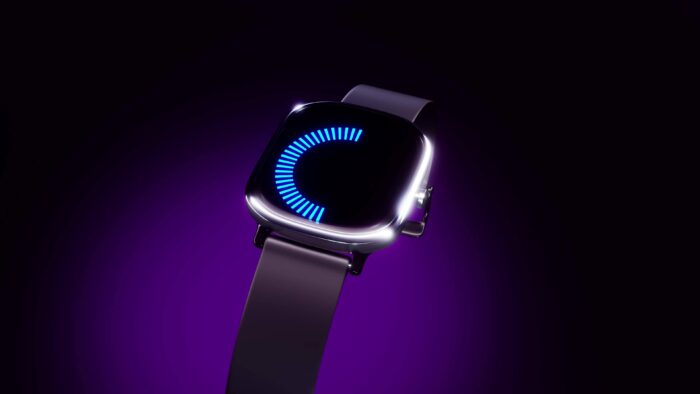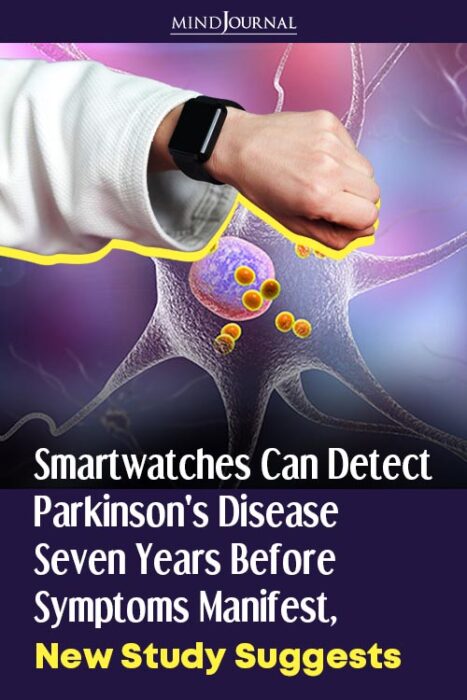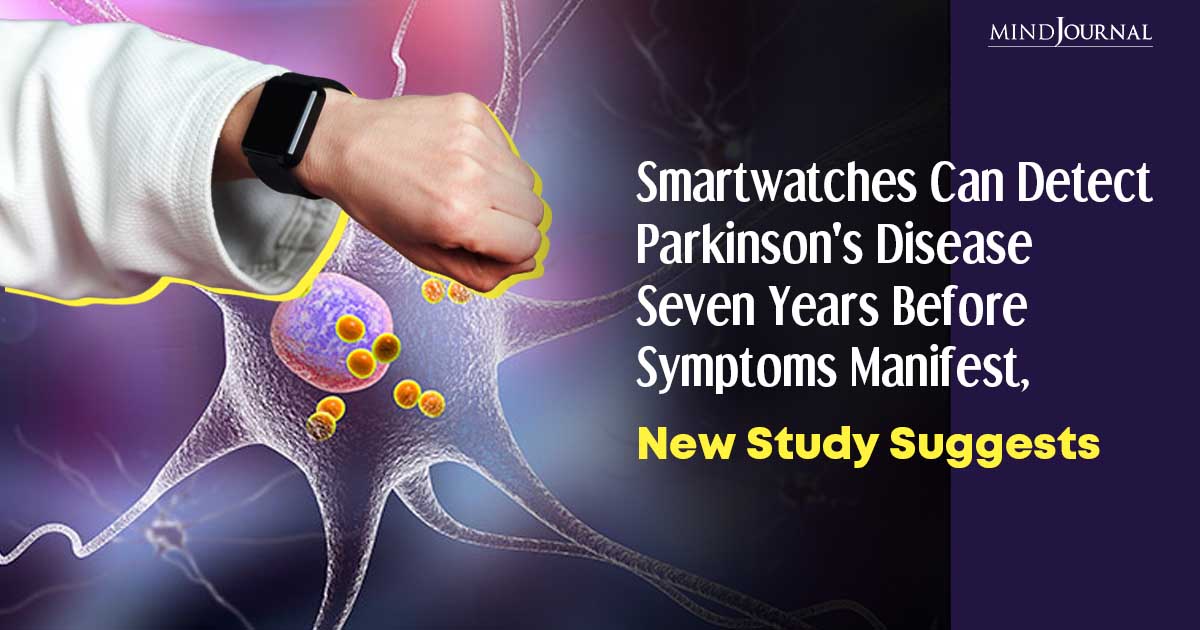A study conducted by the UK Dementia Research Institute team at Cardiff University suggests that smartwatches might detect Parkinson disease up to seven years before symptoms manifest.
How smartwatches might detect Parkinson’s disease

The researchers utilized artificial intelligence to analyze data from 103,712 smartwatch users. By monitoring the individuals’ speed of movement over a single week between 2013 and 2016, they were able to predict who would develop Parkinson’s diagnosis in the future.
This discovery holds promise for the development of a screening tool that could aid in the early diagnosis of Parkinson’s disease. Currently, by the time Parkinson’s is diagnosed, significant irreversible damage to brain cells may have already occurred.
Dr. Cynthia Sandor, the lead researcher, believes that the widespread use of smartwatches, with approximately 30% of the UK population owning one, could provide an accessible and cost-effective means of identifying the early stages of Parkinson’s.
Read more here: Is AI Better At Predicting Cancer Risk? New Study Suggests Promising Results
While these findings are encouraging, further studies are necessary to validate their accuracy by comparing the results with data collected worldwide. The study, published in the journal Nature Medicine, highlights the importance of confirming the reliability of this screening method.
Parkinson’s disease is characterized by progressive damage to the brain over an extended period.
Common symptoms include:
- involuntary shaking or tremors
- slow movement
- stiffness in muscles.
Identifying the disease at an early stage is crucial for enabling timely access to treatments when they become available.
The research team utilized data from the UK Biobank, a comprehensive health database comprising over half a million individuals. Dr. Kathryn Peall, a contributor to the study, stated that the model developed during their research demonstrated accuracy in distinguishing Parkinson’s from other conditions that affect movement, such as old age or frailty.
Read more here: Tech Expert Says, AI Glasses Will Give Humans ‘Superpowers’ To Tell If People Are Lying Or Attracted To You
Comparisons across various disorders, including neurodegenerative disorders and movement disorders, supported the distinctiveness of the results obtained from individuals diagnosed with Parkinson’s disease.
She told BBC News, the decision of whether to inform individuals about their future development of Parkinson’s, years before symptoms emerge, remains a personal choice.
Dr. Peall emphasized that the significance of this work lies in the hope that new therapies capable of slowing disease progression will become available in the future.
Read more here: Is Depression A Choice or A Mental Health Condition?
This advancement could improve recruitment for clinical trials and enable earlier access to treatments for patients.









Leave a Reply
You must be logged in to post a comment.